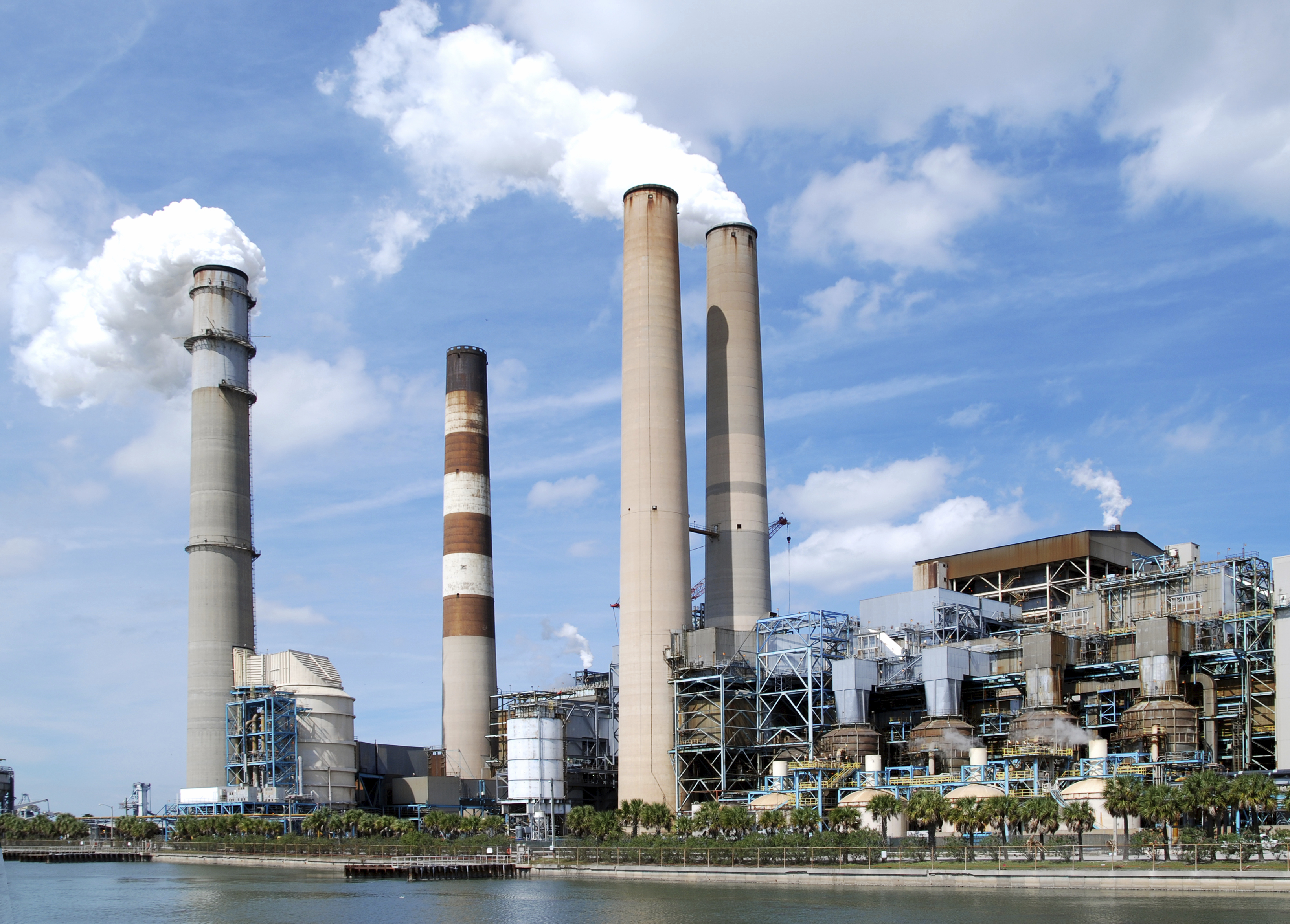Bermuda-incorporated Infinity Bio-Energy, a company that owns several ethanol mills in Brazil, has announced plans to build a US$120mn plant in the Dominican Republic, in a joint venture with local firm Bio Etanol Boca Chica. The facility will supply the local market and surplus production will be shipped to the US. Last May, Infinity bought a stake in a Panamanian sugar mill.
“A global ethanol market depends on governments demanding alcohol to be blended with gasoline,” Sergio Thompson-Flores, Infinity’s chief executive officer, tells GTR. The 18-month-old company raised US$477mn on London’s alternative investment market in 2006 and plans to sell more shares on the exchange in 2007.
An initial public offering on Bovespa, the So Paulo stock exchange, is also being targeted for this year. Thompson-Flores warns ethanol-producing companies not to boost their indebtedness because “this is a sector which will still suffer until prices stabilise.”
He adds that worldwide demand for ethanol will boom due to three reasons. First, high oil prices are structural and not likely to fall. Second, bigger production of cleaner-burning ethanol helps address environmental issues. And lastly, many governments are eager to diminish their reliance on Middle Eastern oil.
“A rise in alcohol-blended gasoline will make countries scour the world for the biofuel,” he says. Infinity’s aim is to be a dedicated ethanol supplier, and not to juggle output between sugar and ethanol depending on market prices.
Thompson-Flores contends that Brazil is indeed interested – and not concerned – to see large-scale ethanol production thrive in other countries as a means to convince sceptics that they can blend 10% of alcohol into gasoline.
“Consumers are afraid to concentrate their imports on just one supplier,” he explains.







